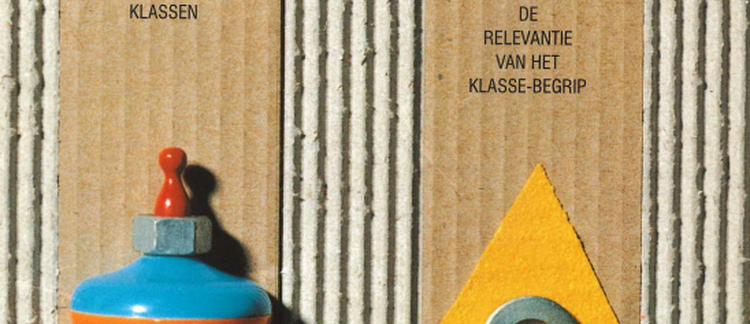Abstract
This paper starts with a survey of the historical-sociological literature regarding food and social differentiation. Almost all authors use the concept of social class to describe and explain differences up to, say, 1950, but after this date many researchers deny the role of class with regard to this issue. Recent statistics taken from Belgian food inquiries are used to examine the latter. It appears that occupation and social class (in a classical Marxist sense) still explain food differences. However, the definition of class should not be viewed in a narrow, deterministic way, but it should incorporate economic, social and cultural elements (see Bourdieu's concept of "capitals"). Social classes do eat and drink differently, which has a fundamental meaning for the shape and the identity of each class (or fraction of class).
How to Cite:
Scholliers, P., (1997) “Roquefort of jonge Hollandse?: klassen en eetcultuur in België in de twintigste eeuw”, Tijdschrift voor Sociologie 18(1-2), 103–129. doi: https://doi.org/10.21825/sociologos.86412
Downloads:
Download PDF
View PDF


